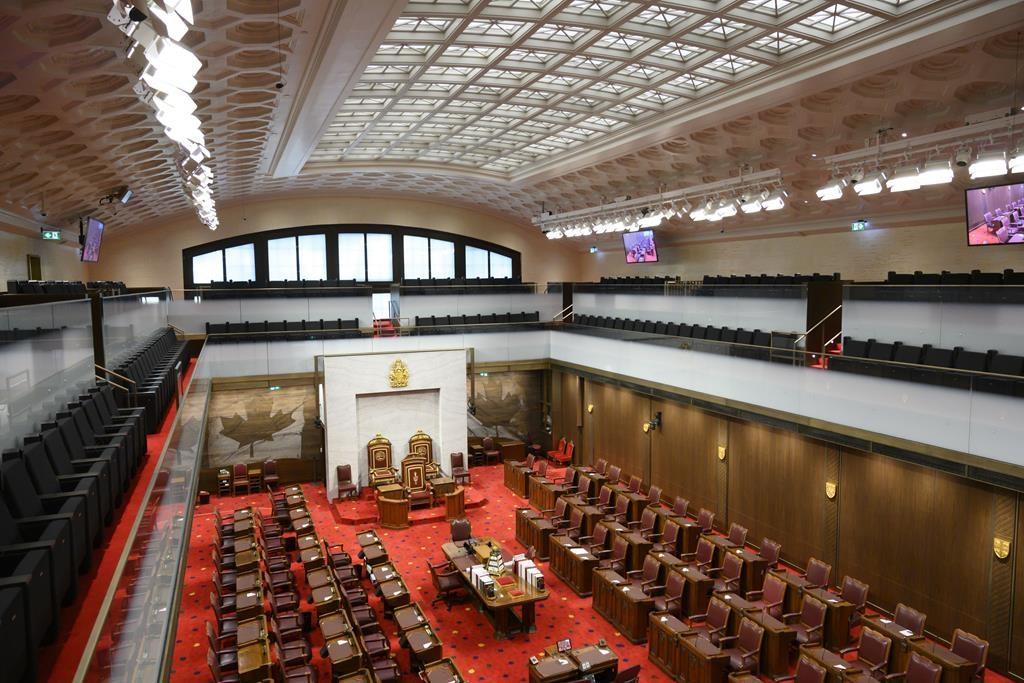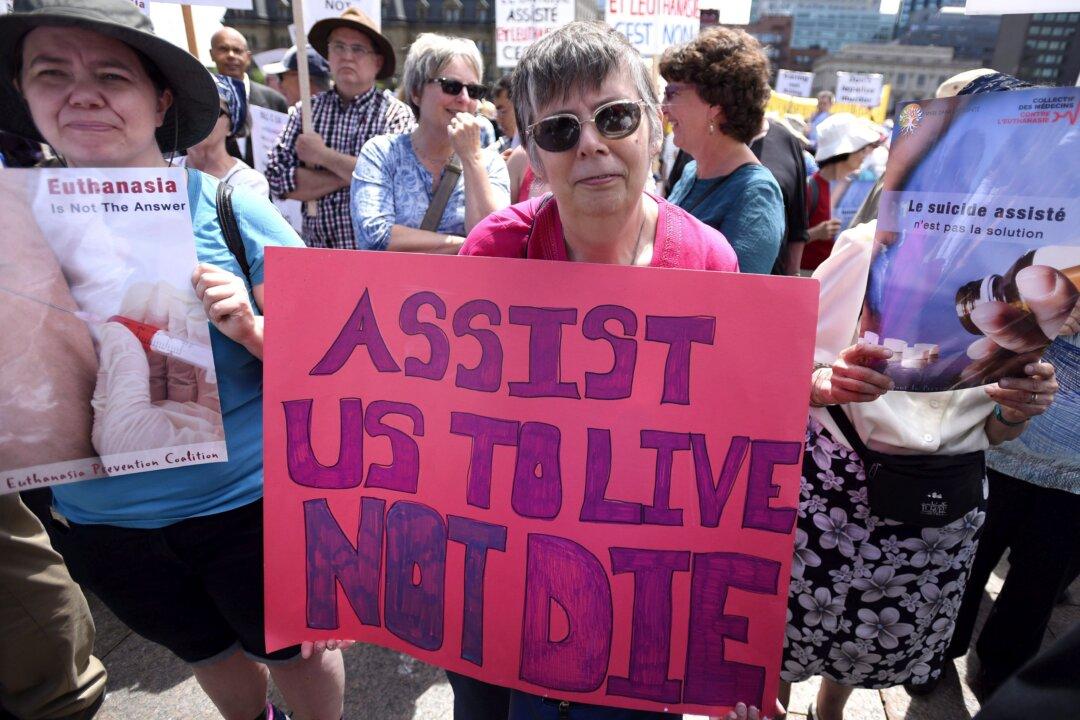Commentary
The Senate Standing Committee on Indigenous Peoples has released a 30-page report titled “Honouring the Children Who Never Came Home: Truth, Education and Reconciliation.” The report includes a recommendation “that the Government of Canada take every action necessary to combat the rise of residential school denialism.”





